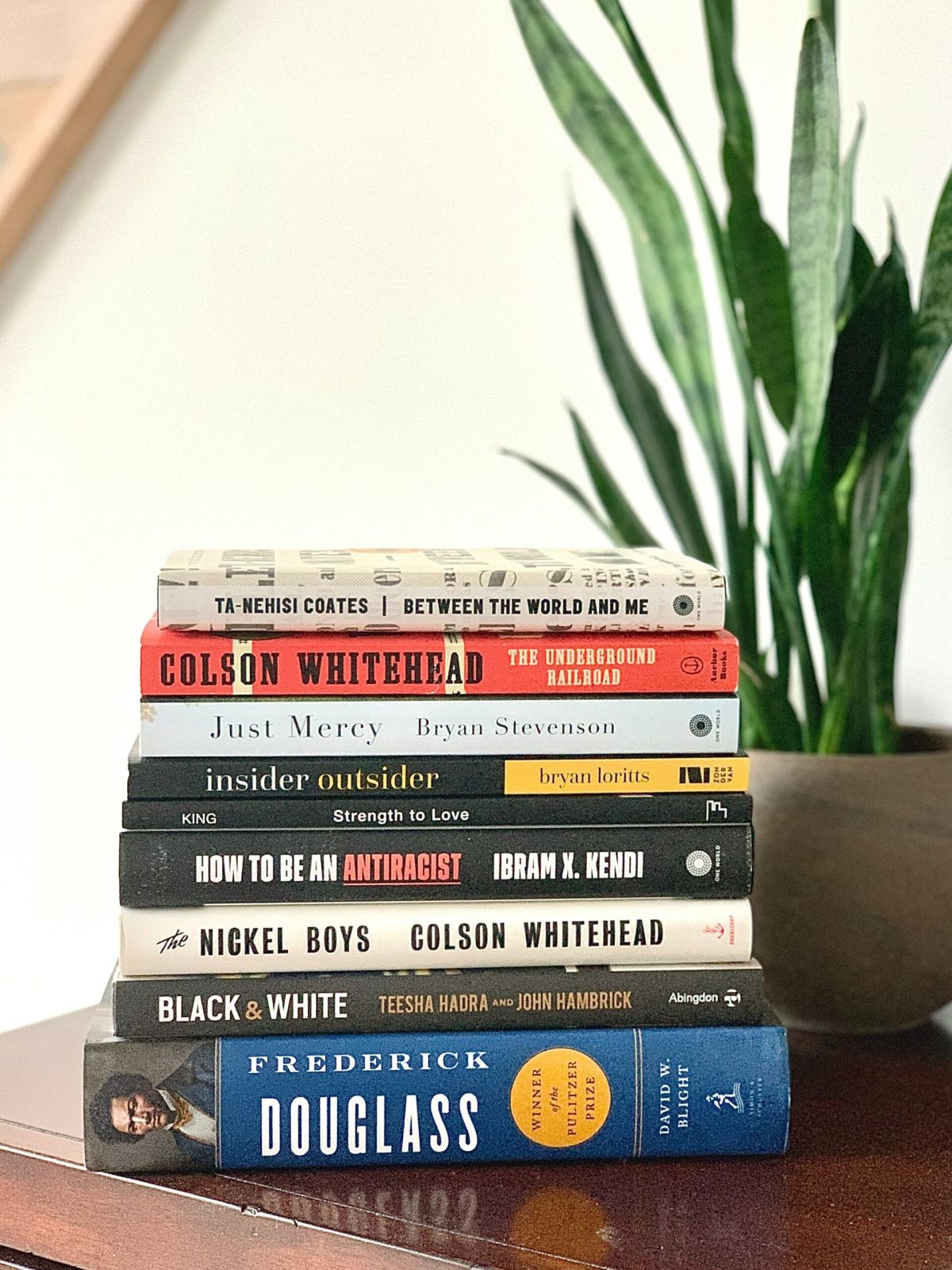Thinking about reading: How Black history month can shape our reading for the better

Black History Month often starts conversations that extend beyond the boundaries of the highlighting of previously suppressed black voices. More and more, those projecting Black works are becoming the ones we question:
Do corporations honestly care post-October? Do those who showcase black voices do it morally or commercially? Is it all merely for show?
One key flashpoint for these arguments is companies and how they act during Black History Month. Many massive companies are often accused of just changing their logo, putting out a tweet and calling it a day. Instead of doing consistent things like supporting black-owned businesses year-round or promoting a more inclusive workplace, they often opt for a mere PR statement.
In the same vein, Literature is often accused of only paying attention to Black Authors in October. Consistently, people state they only read Black authors, consciously making an effort to indulge in Black literary heritage in October. While this is certainly positive, another idea could be to engage in a more active process of reading Black and, for that matter, any text.
This could include things like thinking about the context texts are written in, particularly in relation to Black lives, how texts might have been suppressed, and how texts written by non-black authors treat Black lives within them.
This would allow Black lives and Black texts to take on a much more active role, as many texts written by white authors have historically. They would not just be the literary equivalent of a company PR statement but would become texts that live actively all year round, just as books that are typically seen as ‘canon’ have done previously.
Reading, in this manner, would not be a month’s task of strict guidelines, but a lifelong journey of critical thinking, informed decisions and progressive thoughtfulness. Instead of choosing and reading a few black authors, reading a wider range of literature informed by a wide range of Black experiences and considering those experiences in relation to the literature allows us all to become more enlightened.
If we read Black literature with a more self-aware perspective, we can become more thoughtful about how much of it was written out of oppression. This allows us to truly appreciate the literature and give it the highlighting it deserves. Not only does this highlight the books, but also a better and more open-minded and progressive way of reading.
Modernism is a perfect example of this. Often seen through the eyes of authors like Ezra Pound, James Joyce and Virginia Woolf it is a movement rooted in mainly white eurocentrism. Reading these authors alongside movements like the Harlem Renaissance not only provides a fresh perspective but a more balanced view of the modern era. We see how essential black figures were pushing modernised literature and ideals, influencing later generations around the Civil Rights period.
Whilst the Harlem renaissance and modernism did occur at the same time, the idea of reading books and comparing them doesn’t have to be limited to books written at the same time. For example, books set in the same place, or with similar ideas, or even similar themes all grant us new perspectives.
Furthermore, reading Black literature in a more thoughtful way opens up avenues to explore more, even more repressed, aspects of Black lives and literature. One of the best books for this is Audre Lorde’s collection of essays Sister Outsider.
Books like this address not only the black experience but also the black female experience and the gay black experience. This delves deeper into experiences which are often even more invisible and suppressed than others, introducing more and more self-conscious manners of reading.
Informing ourselves by becoming more cognizant of the context of novels and how they relate to the discrimination against Black lives allows us to read books by non-Black authors with a more critical and educated eye. Reading anything from Daniel Defoe’s Robinson Crusoe to Sylvia Townsend Warner’s Summer Will Show from this more mindful position means, we, as readers, become far more insightful and well-rounded critics of literature.
Changing reading styles is not an easy process. It requires effort, dedication, and thoughtful choices. But, by not just being thoughtful in what books we choose to buy and read, but also being considerate of the way we read them, we can all become more informed, percipient and progressive. Not only does this push forward literature to new and better places, but also our cultural landscape in general.







